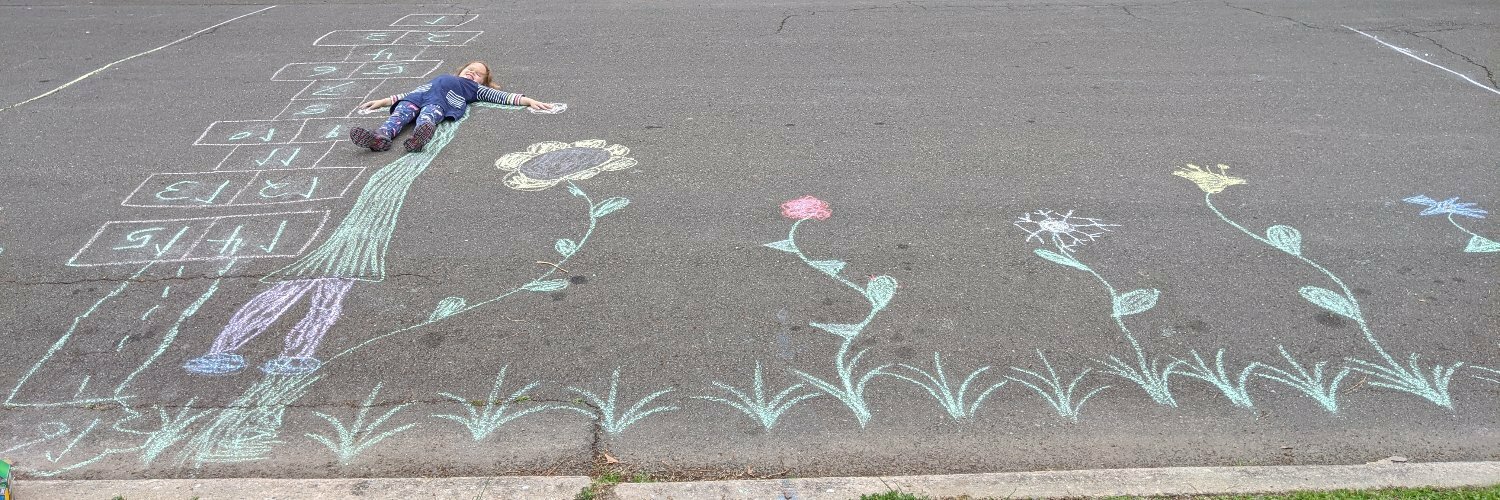
If you want to help, one way is to give directly to the amazing organizations already on the ground in the southern Appalachians. I have a steadily growing list of organizations I (and/or those I know and trust) can vouch for:
https://docs.google.com/spreadsheets/d/1RR5HML5ni83NdVodRGp2NZvyDJ_HtiAgw3J-IlMtPuA/edit?usp=sharing
/end
Our mountain neighbors will need to supported so that they can, ultimately, lead any and all conversations about "building back better." But right now, what they most need is direct aid to cope with the impacts of Helene. They need food, water, shelter, health care. They need to know if their loved ones survived. They can't wait for conversations about building back better. Lives and livelihoods are on the line.
And those of us on the outside don't have any right to be leading those conversations anyway. We've spent over a century extracting the southern Appalachian's natural resources and exploiting its culturally-rich communities under the guise of economic development...and in the process, directly creating the conditions that allowed Helene's impacts to be so catastrophic to so many mountain communities*
*yes, this is foreshadowing a much longer and politically heated conversation
But that sort of process takes time and resources, both of which are in short supply right now. The sheer scale of damage caused by Helene, the unfathomably urgent need for help right now, across such a wide spread area, means we don't have the luxury of thinking about how to build back better yet. 4/
A resilient recovery is necessarily sensitive to the needs, challenges, and vulnerabilites of those who are affected. And this means centering and amplifying their lived expertise. Any conversations about building back better must be led by local community members who most deeply understand the communities' needs, both before and after #Helene. 3/
In theory, 'good' disaster recovery strikes a balance between coping with the immediate impacts of a disaster, and using what we learn from those impacts to catalyze a more resilience-focused recovery, to reduce their risks and impacts of future disasters. 2/
I'm always at my most coherent five minutes after talking to a reporter. Emily Cochrane of the NYT did a great job of making sense of what I babbled...but what I meant to say, in response to her important question of whether the southern #Appalachian communities will be able to "build back better," was...🧵
Access to critical destinations in the southern Appalachians is bad right now, and is going to be bad for a very long time.
#Helene
Gift link
https://www.nytimes.com/2024/10/05/us/politics/north-carolina-helene-recovery-roads-damage.html?unlocked_article_code=1.P04.iWeO.WzbqvZIp4J_5&smid=url-share
Hello new followers! Thanks for finding me.
When I'm not trying to rally help for my mountain neighbors whose lives have been upended by a hurricane, I'm usually spouting off about politically-induced automobile dependence, based on a combination of lived experience and academic expertise.
Just so you know what you're in for ;)
@DrTCombs Here’s a text-only news site from Blue Ridge Public Radio that’s useful for slow internet in western NC; might be worth passing along to people you know?
#NorthCarolina
#WNC has an urgent, desperate need for baby formula of all kinds!!!
If you're in NC, please also check with your local fire departments, churches, animal shelters, etc. So many of these groups are collecting donations and working through established channels to get them delivered to people who desperately need them!
@DrTCombs Just in case it's helpful to someone, the following link gets the same document as PDF:
https://docs.google.com/document/export?format=pdf&id=154hYrmMKWNKWIwcTkUP8GhcAn4z4LXnFr2AKMgv3Qik
(While this won't allow editing, it might be of use for those who only need to read and don't have much computing power to go through Google Docs. In the current version, the document also points to https://ashevillerelief.com/ which seems to have a HTML version of the document too.)
#Helene #HowToHelp
I've done the sensible thing and made a google sheet of organizations taking donations and distributing aid in #WesternNC.
https://docs.google.com/spreadsheets/d/1RR5HML5ni83NdVodRGp2NZvyDJ_HtiAgw3J-IlMtPuA/edit?usp=sharing
I'm trying to lift up those organizations that are already established in the areas they serve, and already know how to help those who need it most urgently. If there are others you trust and want me to add, please message me.
Meanwhile, the top story in the latest APA digital newsletter, sent out today
People are still recovering bodies and APA is talking about "fresh starts."
Planning ought to be leading climate adaptation and resilience efforts, but instead our field appears to have just written off an entire region. We were happy to lead efforts to bring economic development (read: resource exploitation) to the Appalachians, but now that there are actual human lives at stake, in desperate need of help just to survive, we carry on, business as usual, like nothing happened.
I'm unsurprised but still deeply disappointed that neither of the national city and regional planning organizations in the US -- the American Planning Association and the Association of Collegiate Schools of Planning -- have even acknowledged the fact that an entire region, which includes a university with a planning program, has just been completely devastated by a climate-change driven disaster.
It's disgusting.
#LynchburgVA: my friend Kyle from Bon Air Aviation is flying relief missions from Lynchburg to #Asheville. Whatever you can donate, please drop off at Bon Air before 3pm TODAY (9/30).
Kyle's a seasoned hurricane relief pilot. He'll get it done. It's what he does.
Passing these on from my mom's knitting buddy, @rhiannongiddens (oh yes I did). If you have funds to spare, here are some orgs Rhiannon recommends:
Appalachian Funder's Network: https://bit.ly/appheleneresponsefund
Samaritan's Purse (Boone, NC): https://www.samaritanspurse.org/.../pray-for-those-in...
Operation Airdrop (Concord, NC): https://www.operation-airdrop.com/hurricane-helene
Beloved Asheville (Asheville, NC): https://belovedasheville.com/get-involved
- Pronouns
- She/Hers
- Sponsors
- https://ko-fi.com/drtcombs
Transportation resilience expert. Studying, teaching, learning, tooting about 🚶♀️🚲 🚌 & 🛣️, with occasional outbursts about dogs, kids, & gardening. Searchable on tootfinder. Opinions my own.
Not anti-car, just anti-carbrain. A person, not a data point.
Support local communities affected by Hurricane Helene in Western NC: https://docs.google.com/spreadsheets/d/1RR5HML5ni83NdVodRGp2NZvyDJ_HtiAgw3J-IlMtPuA/edit?usp=sharing
